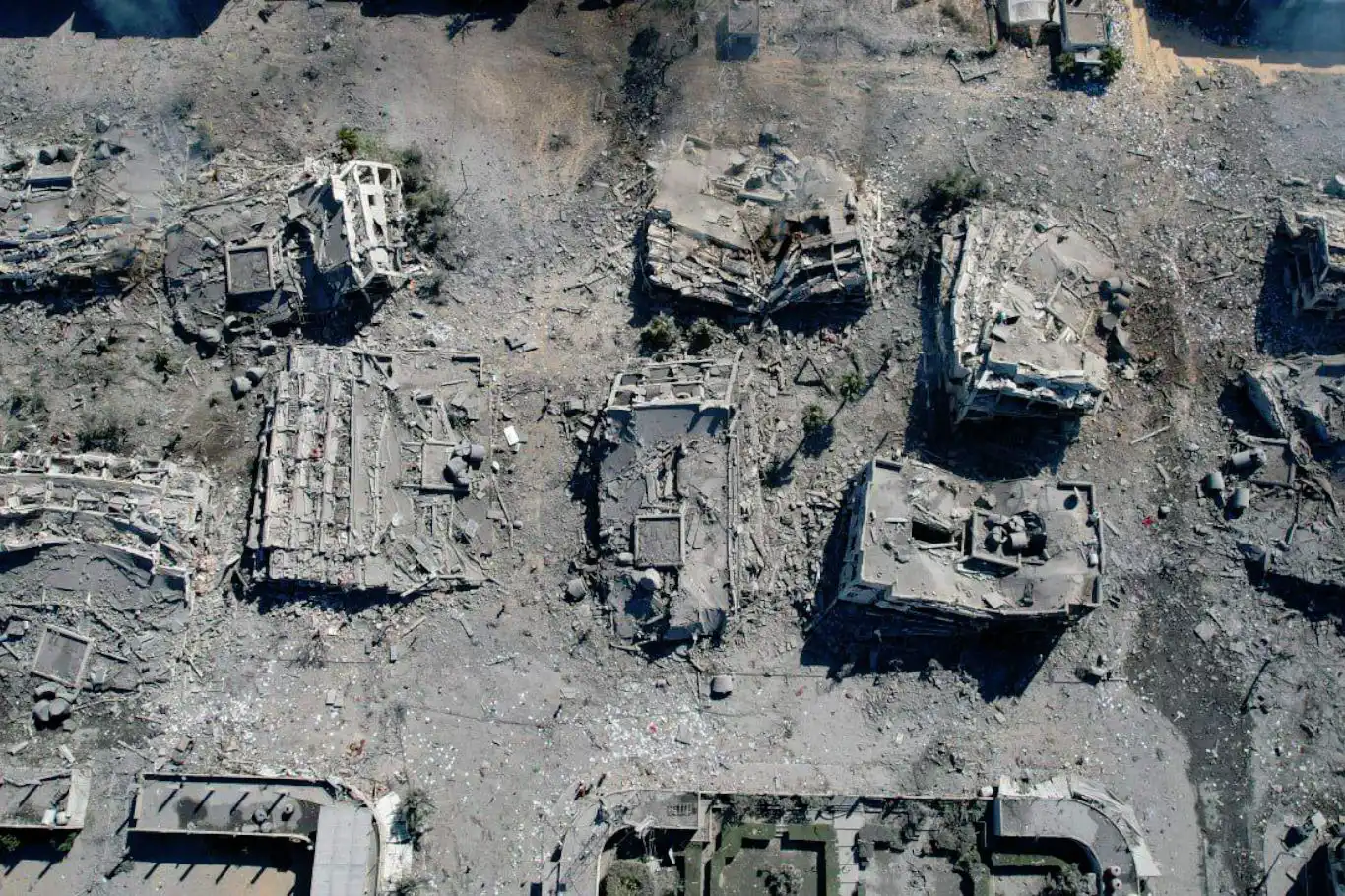UN warns Gaza reconstruction could cost over $70 billion after Israel’s genocidal war


The United Nations has warned that rebuilding Gaza after Israel’s two-year military assault will require more than $70 billion (£53 billion) over several decades, describing the territory as a “human-made abyss.”
The UN Conference on Trade and Development (UNCTAD) highlighted the devastating impact of Israel’s strikes, which it said had “significantly undermined every pillar of survival” for Gaza’s population of 2.3 million people.
According to the report, the war has left Palestinians in Gaza facing extreme, multidimensional impoverishment, with the economy shrinking by 87% between 2023 and 2024. Gaza’s GDP per capita has fallen to just $161, among the lowest in the world. The UN also reported that Israeli restrictions, settlement expansion, and violence have “decimated the economy” of the West Bank, further compounding the humanitarian crisis.
“Plummeting revenues and the withholding of fiscal transfers by the Israeli government have severely constrained the Palestinian government’s ability to maintain essential public services and invest in recovery,” the report said. It warned that decades of progress in Gaza and the West Bank have been erased in less than two years, with GDP levels returning to those of 2010 and per capita income falling to levels last seen in 2003. UN experts stressed that even with substantial aid, full economic recovery could take decades.
The report comes as Gaza continues to struggle under the fragile US-brokered ceasefire, which took effect in October 2025 after two years of intense hostilities. Since the ceasefire, at least 342 Palestinians have been killed by Israeli fire, according to the Gaza Health Ministry, while Israel reports three of its soldiers killed by militant gunfire.
Hamas and Islamic Jihad announced preparations to return the remains of another Israeli hostage as part of the ceasefire agreement. However, Israel claimed the delay violated the terms of the truce.
The humanitarian situation in Gaza remains dire. The World Food Programme reported that most households are unable to afford basic food items, with daily consumption far below pre-war levels. Diets are limited primarily to cereals, pulses, and small amounts of dairy and oil, while meat, vegetables, and fruit remain scarce. Cooking gas is in short supply, forcing families to burn discarded plastics or other materials to prepare food.
The conflict, which began with a surprise Hamas-led incursion into Israel on 7 October 2023, killed around 1,200 people in Israel and saw over 69,000 Palestinians, mostly civilians, killed in Israeli strikes. Thousands of Palestinian bodies remain buried under rubble, and the territory remains partially occupied, with Israeli forces controlling over half of Gaza.
Since the ceasefire, Hamas has released all 20 surviving hostages and returned the remains of 22 of the 25 dead hostages, while Israel has freed nearly 2,000 Palestinian prisoners and returned hundreds of bodies.
The UN Security Council has formally endorsed Donald Trump’s 20-point plan, which envisions an interim technocratic Palestinian government in Gaza, supervised by an international “board of peace” and protected by an international security force. Critics, however, note that the plan fails to address the immediate humanitarian crisis caused by the destruction of infrastructure and the ongoing blockade, leaving Palestinians struggling to survive in one of the most densely populated regions on Earth.
The UN’s report underscores the urgent need for international support and accountability, warning that without immediate assistance, the humanitarian and economic consequences of Israel’s offensive will continue to devastate Gaza for generations. (ILKHA)
LEGAL WARNING: All rights of the published news, photos and videos are reserved by İlke Haber Ajansı Basın Yayın San. Trade A.Ş. Under no circumstances can all or part of the news, photos and videos be used without a written contract or subscription.
Newly developed pigeons, fitted with neuro-interfaces and GPS-enabled solar panels, can be remotely guided on surveillance missions over critical infrastructure, raising both fascination and ethical questions.
The United Nations Relief and Works Agency for Palestine Refugees (UNRWA) has warned that thousands of internally displaced Palestinians in the Gaza Strip are struggling to find safe shelter as winter approaches, amid the ongoing devastation caused by Israel’s two-year war on the territory.
A new report reveals alarming failures across the UK child protection system, with thousands of vulnerable migrant and trafficking-survivor children disappearing from local authority care amid high risks of exploitation.